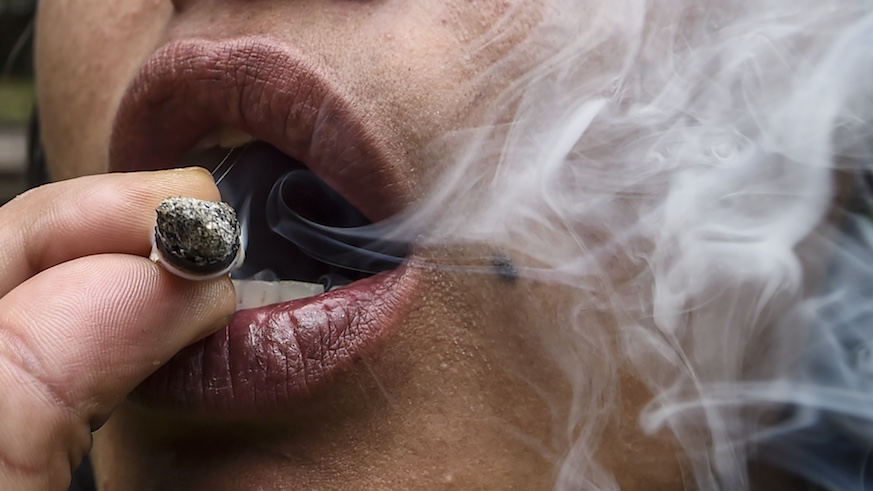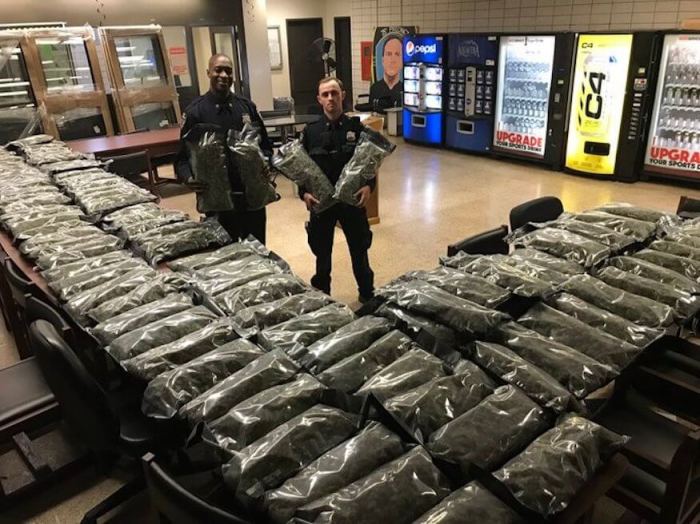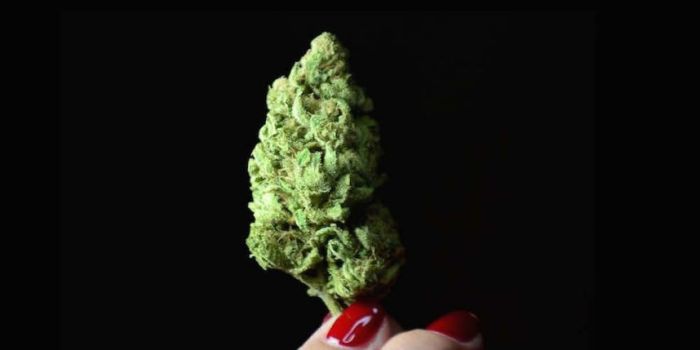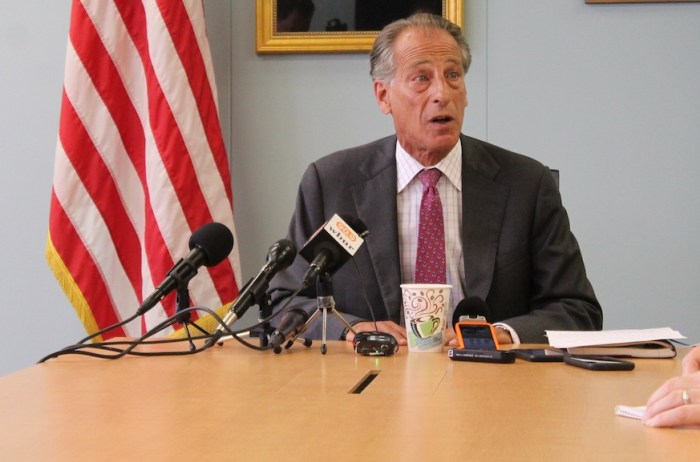Poison control officials in Massachusetts are gearing up for an expected spike in calls about accidental exposure to marijuana once legal sales of the substance begin on July 1.
That expectation is based on the experiences of states that legalized marijuana previously and have years of data on calls to poison control centers. One study from Colorado found that the rate of marijuana-related visits to a local children’s hospital nearly doubled from two years before legalization to two years after legal sales started.
“We anticipate an increased call volume because of legalization because we will be dealing with retail stores and there might be the possibility of young kids getting their hands on edibles and of parents not following safe storage practices,” Waqaas Bhutta, the program coordinator for the Regional Center for Poison Control and Prevention serving Massachusetts and Rhode Island, said.
Bhutta said poison control centers in Colorado saw a 108 percent increase in calls related to marijuana exposure for people of all ages between 2012 and 2015. There was a 206 percent increase during the same time period in calls related to marijuana exposure among people eight years old or younger, he said.
In Washington, Bhutta said, call volumes increased an average of 58 percent at poison control centers between 2012 and 2015.
A 2016 study published in the journal JAMA Pediatrics and conducted by a doctor at the University of Colorado Anschutz Medical Campus found that the average rate of marijuana-related visits to the children’s hospital increased from 1.2 incidents per 100,000 children two years prior to marijuana legalization to 2.3 incidents per 100,000 children two years after legalization.
Pediatric marijuana cases at regional poison control centers in Colorado increased more than five-fold from nine in 2009 to 47 in 2015, the study found. During that time, Colorado saw an average 34 percent increase in regional poison control cases per year compared to a 19 percent increase in the rest of the United States.
“Identifying successful preventive strategies requires further investigation. As more states pass laws legalizing recreational marijuana, legislators and health care professionals will need to consider strategies to decrease its effect on the pediatric population,” the study authors concluded.
Bhutta said marijuana exposure calls to Colorado poison control centers appear to be on the decline since 2015.
“That’s an encouraging trend and we could attribute that to a variety of factors, one being that the poison centers themselves are now actively engaged in education around safe storage of marijuana,” he said, adding that his own poison control center plans to be engaged in educational outreach around safe use and storage of marijuana.
The issue of marijuana as an “emerging threat” that poison control centers will need to keep an eye on emerged Tuesday at a briefing on the role of poison control hosted by Boston Children’s Hospital and the Regional Center for Poison Control and Prevention.
“Some people think of poison as the bottle under the sink with the three Xs on it, but we have a much bigger world of poison now,” Rep. Denise Provost, who sponsored Tuesday’s event, said.
Colorado, which began legal marijuana sales in 2014, has updated its regulations around packaging and marketing after the first couple of years of legal marijuana revealed issues. Since 2015 the Centennial State has required marijuana products to be sold in childproof packaging and in 2016 banned edible marijuana products in the shape of humans, animals or fruits, which had made them attractive to children.
In Massachusetts, the Cannabis Control Commission adopted regulations that require all marijuana and marijuana products be sold in “tamper or child-resistant packaging” and that the packaging “not be attractive minors.” The CCC prohibited neon-like colors, cartoons and symbols or celebrities commonly used to market products to minors from all marijuana packaging.
CCC Chairman Steven Hoffman said Tuesday the commission was mindful of the issues other states have had with exposure of marijuana products to children as it crafted the rules for Massachusetts.
“There have been some problems in other states on this issue and we actually tried to learn from that and actually made our regulations, I think, quite a bit more stringent than some of the other states precisely because we saw from example that they hadn’t gotten it right,” he said.
Hoffman said he is comfortable with the regulations already adopted, but said the CCC will be ready to alter its regulations if problems arise after legal sales start on July 1.
“Clearly if we haven’t adequately addressed it we will move very quickly once we see what happens,” Hoffman said.



















